I need find all combinations of several variables.
Example:
I have Field1[] with 3 values: 36, 38, 40. and Field2[] with values: R, V, A, B.
Then with this code I have all the combinations.
for (int x=1;x<=3; x++)
{
for (int y=1;y<=4;y++)
{
debug.print (Field1[x] + "--" + Field2[y]);
}
}
My problem isn't the lenght of "Field1" or "Field2". My problem is that I don't know how many variables "Field1" or "Field2" I have. Sometimes I can have more FieldX variables, I don't know how many.
How I can do it??
Thanks
